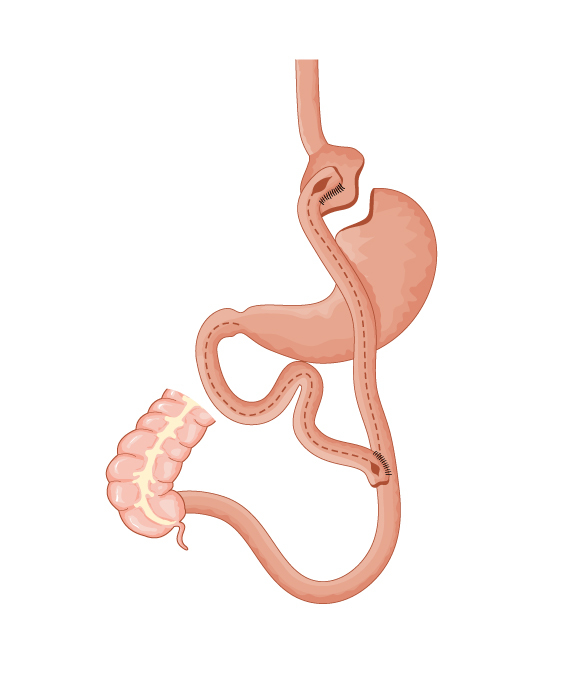 Roux-en-Y Gastric Bypass Surgery via Shutterstock
Roux-en-Y Gastric Bypass Surgery via Shutterstock
Bariatric surgery is known to be about the most effective means of dealing with severe obesity. But what is not well understood, is whether the efficacy of the treatment depends on the age at which people undergo the surgery.
One might think that the later in life a person decides to have the treatment, the longer he or she might have had obesity-associated ailments, and thus the surgery might be less effective.
This question was investigated by Dr. Lance E. Davidson from Brigham Young University in Provo, Utah and colleagues, and the results were published in JAMA Surgery. These researchers were interested in the efficacy of bariatric surgery (in particular Roux-en-Y surgery: for information on the types of bariatric surgery, read here) in reducing both all-cause and cause-specific long-term mortality, with respect to the age at which the surgery was performed.
To test the hypothesis that the later the age at surgery, the less effective it would be, the researchers evaluated the data from a cohort of 7,925 persons who underwent bariatric surgery, and compared their outcomes to those from a second set of 7,925 people. This group was matched for severe obesity (average BMI was over 45), gender and age but these people did not have the surgery.
All those evaluated were followed for an average of seven years. The data were divided into four groups based on age at surgery:
- less than 35 years old
- 35-44 years old
- 45-54 years old
- 55-74 years old
The risk of death from any cause was significantly lower in the three older age groups than in the age-matched, non-surgical controls mortality rates were 54, 43, and 50 percent, respectively.
In the youngest group, however, there was no difference between the surgical and control groups. That lack of a difference was due to an increased risk of death, especially in young women, due to external causes such as accidental deaths, homicide and suicide. In addition, the risk of death from heart disease and cancer was lower at all ages in the surgical group.
The authors concluded, "[g]astric bypass surgery is protective against mortality even for older patients, and also reduces the age-related increase in mortality observed in severely obese individuals not undergoing surgery."
Data such as these, after independent replication, should be useful for determining which persons can benefit from bariatric surgery up to and including those who are 74 years old.
